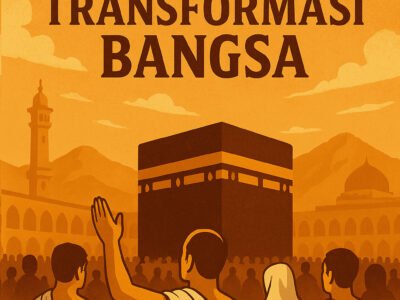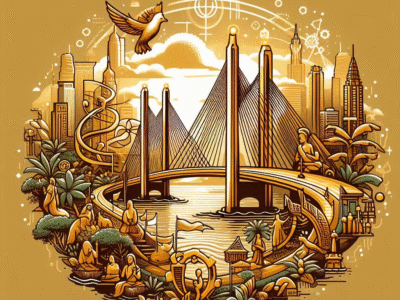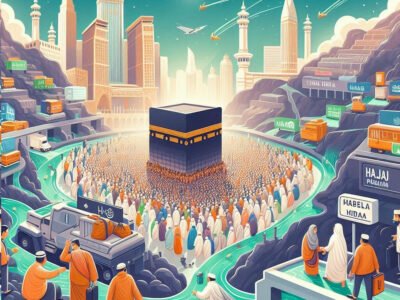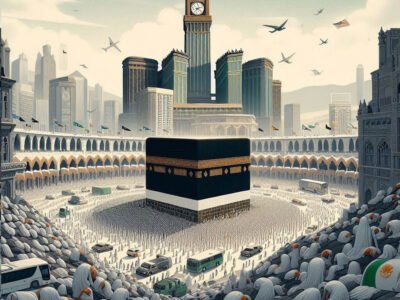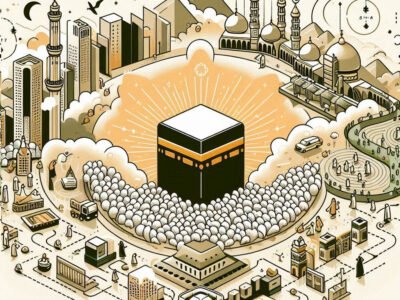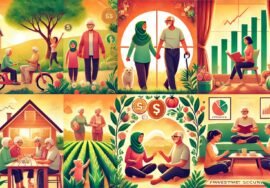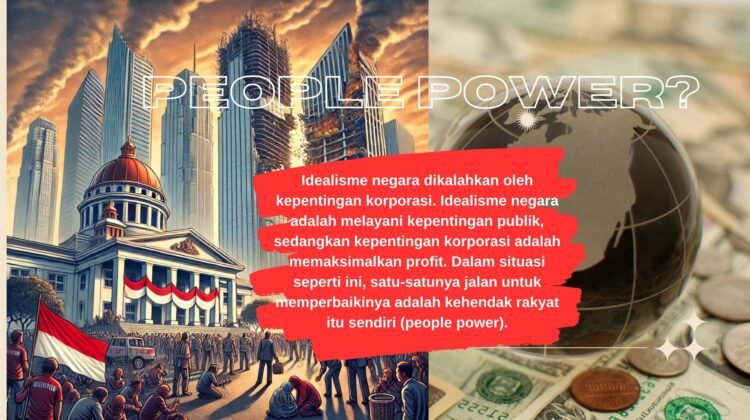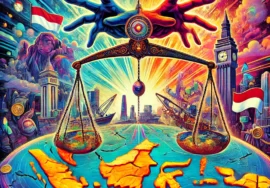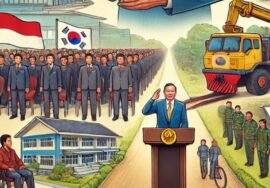People Power Is Unlikely to Happen
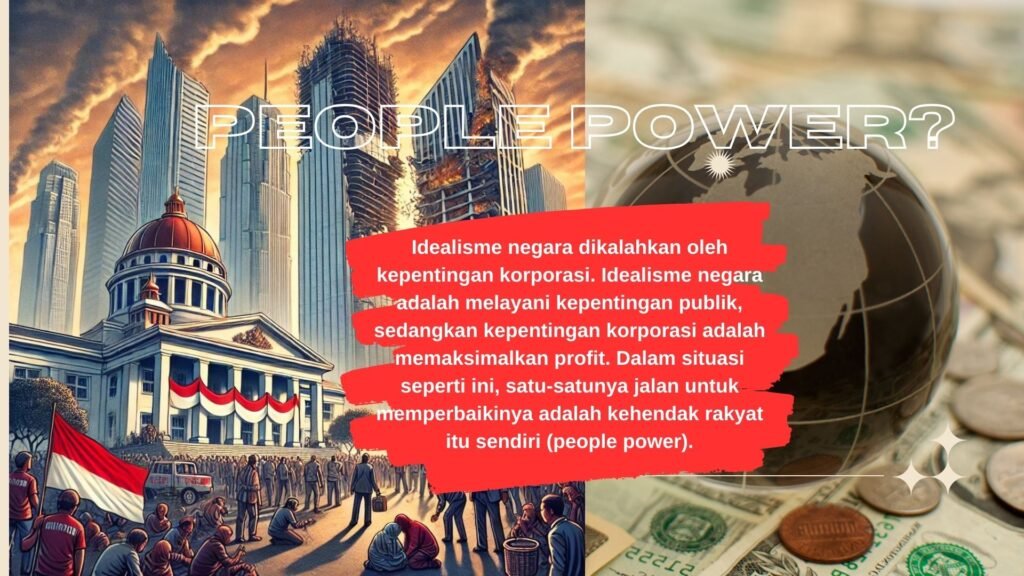
oleh: Dr. Legisan Samtafsir
The Cooking Oil Crisis: A Portrait of a Powerless State
The chaos surrounding the cooking oil crisis is a stark portrait of a powerless state—one that can no longer protect the interests of its people. It marks the moment when the ideals of the state are defeated by corporate interests.
The ideal of the state is to serve the public good. In contrast, corporate interests are driven by profit maximization—raising prices and cutting costs. In a democratic nation, these two interests (public vs. corporate) inevitably intersect and compete.
The strength of the state begins to erode when its actors are held hostage by corporate (read: capitalist) interests. As a result, the people suffer; economic surpluses are siphoned off to serve corporations without any checks, which should have been the role of the state. This leads to inequality and deepens the poverty that afflicts the public. The so-called “trickle-down effect” of capitalist wealth never materializes, because the balancing power of the state has collapsed.
A weakened state loses its ability to regulate the market, which ends up being completely dominated by corporations (capitalists). The people, too, are rendered powerless, unable to escape the grip of the market, as it becomes hegemonic—forcing them to serve the needs of capital.
If this condition persists, as dictated by the inherent logic of capitalism, it will eventually lead—at its extreme—to social disorder. The poor and oppressed will rebel and resist, potentially triggering chaos.
This is, in fact, the greatest fear associated with capitalism: when the state is captured by capitalists; when state power colludes with the owners of capital; when economic surplus is extracted solely for capitalist gain; when the freedoms of capitalism culminate in tyranny; and when the state ultimately loses, weakened and impotent.
In such a state, the government becomes effectively useless—it can no longer protect or serve its people. The only path to restoration lies in the will of the people: people power. Logically, the more the people suffer, the faster chaos brews, and the higher the toll in human cost.
However, in Indonesia today, the rise of such people power is unlikely—because the suffering of the people is consistently absorbed by the generosity of the Muslim community, which is deeply rooted in charitable practices: qurban meat distribution, communal iftar meals, zakat, infaq, sadaqah, waqf, and the Friday “blessed rice” programs. Millions of charitable acts are performed by Muslims for the poor.
This generosity soothes the public’s anger; the compassion of the Muslim community becomes a balm for the people’s suffering.
Ironically, this becomes an anomaly in capitalist logic. While the intention behind this generosity is to help the impoverished, it inadvertently sustains the hegemony of capitalism, which continues to exploit the state and its people unchecked.
